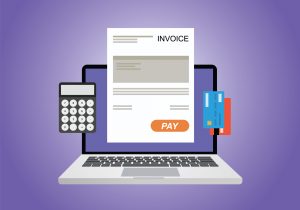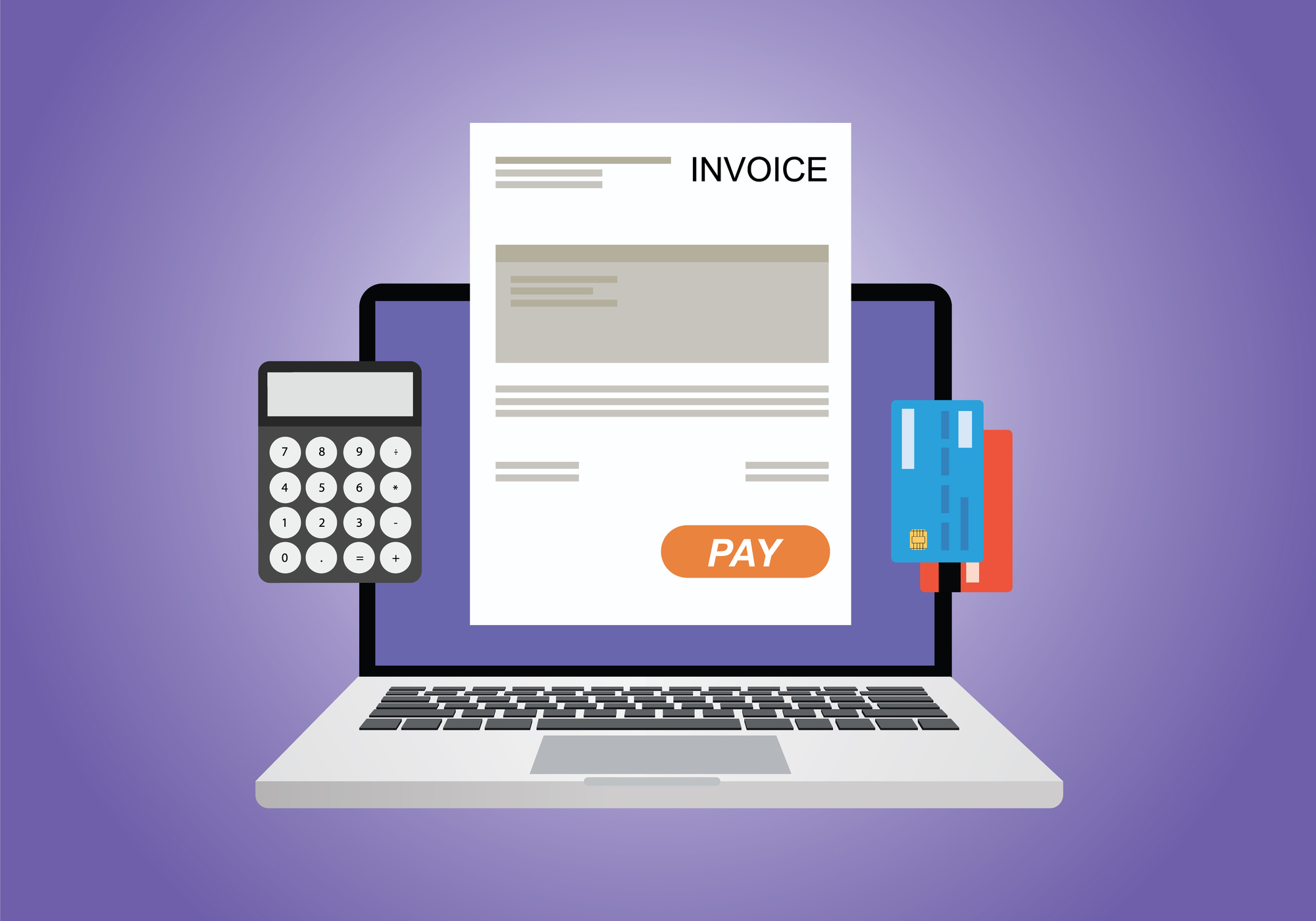Today, more than 500 billion invoices are issued globally—around 65 billion paperless (B2B; B2G; G2B). Based on the numbers, tax evasion estimated at 20%-30% (€500 billion) of collected tax resulting in €500 billion laundered for the last year – what has made electronic invoicing a regulatory trend to prevent tax evasion globally.
Electronic invoicing started as a business-to-government (B2G) scenario, but now this is being expanded and is filling the business-to-business scenario in a growth market.
The European Union aims to make electronic invoicing a predominant method for all companies, regardless of their segment. Many countries like Italy, Brazil, etc., have already implemented and monitor e-invoicing compliance.
Dilemma
When it comes to electronic invoicing, most companies have to deal with two conflicting demands, even during implementation and operation.
From one side, there is a variety of formats, architectures, technologies, levels of maturity across countries, and mandatory electronic invoicing compliance driven by the government.
Organizations must comply with all legislation and constantly modify certain aspects of different invoices, should the government update any guidelines.
On the other hand, companies want to scale and operate globally, especially those already established in different markets. They also want to optimize investments across multiple countries and regions, fulfilling the electronic invoicing requirements and simplifying system integration management.
As a result, the feature proposes a balance to meet these two different demands and let organizations avoid being caught at a crossroads.
Feature Capabilities
Electronic invoicing is a worldwide cloud service available in multiple geographies and is deployed in the United States, Europe, the UK, and Asia. But, if necessary, it can be deployed to more regions.
In addition, it is an out-of-the-box integration with Microsoft Dynamics 365 Finance by chain improvement operations, yet available only for cloud installations.
Electronic invoicing does:
- Cloud service for issues and receiving of electronic invoicing;
- For issuing, it supports a variety of e-invoicing formats to comply with local regulations from several countries;
- Integration with the tax authority’s web services for granting electronic authorization or approval, which is a common requirement by the government;
- Finally, for receiving, it supports a variety of e-invoicing formats and integrates with office and SharePoint to automatically receive electronic invoices.
In regards to independent regions, e-invoicing has further features, allowing you to:
- Issue and receive electronic invoices for different countries/regions;
- Integrate with Office email account and Sharepoint folders;
- Store your data on your Azure storage account;
- Manage accesses and permissions;
- Manage the e-invoicing formats;
- Manage the life cycle of the configurable formats.
Finally, for country-region e-invoicing formats, you are eligible to:
- use out of box configurable e-invoicing formats for 13 countries + PEPPOL;
- configure and customize e-invoicing formats;
- generate e-invoices as XML, JSON files;
- sign the e-invoices with digital certificates;
- electronically communicate with tax authority’s web services for approval;
- customize & create new e-invoicing formats.
What’s Planned New?
Dynamics team plans to release the feature in more than 12 countries, including Austria, Belgium, Brazil, Denmark, Estonia, Finland, France, Germany, Italy, Netherlands, Norway, Spain.
Also, PEPPOL (Pan-European Public Procurement Online) will be unleashed since many countries depend on and adopt it, even outside of Europe.
Also, “receiving vendor e-invoicing” will be released to let teams enjoy the capabilities to receive vendor invoices either from email or the Sharepoint folder.
For Example
The perfect usage of the e-invoicing feature would be when a company plans to start a new operation in Brazil to trade goods in the local market. Even if the company creates a new legal entity to comply with the local legislation – the one must prepare this legal entity to issue the Brazilian electronic invoices (“Nota Fiscal Electronica” or simply “NF- e”) to cover the trade operations.
The NF-e is mandatory, and the tax authority must electronically approve a regulatory requirement and all issued NF-e. Failure to approve the NF-e turns the operation illegal and exposes Contoso company to severe tax fines



